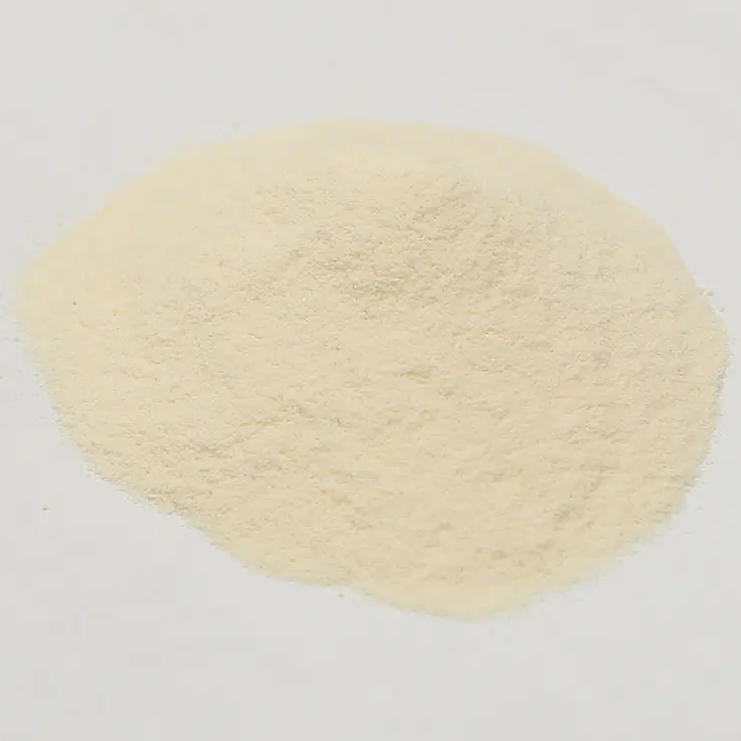Emulsification Performance of Different Homogenizing Agents

Introduction to Oil-Water Emulsions
Oil-water emulsions are fundamental in numerous industries, including food, cosmetics, pharmaceuticals, and chemical processing. Achieving a stable emulsion requires effective dispersion of one phase within another, which is often facilitated by homogenizing agents. These agents reduce interfacial tension, improve droplet distribution, and prevent coalescence, ultimately enhancing stability. However, different types of homogenizing agents exhibit varying effectiveness depending on their chemical structure, charge, and interaction with the dispersed and continuous phases.
Non-Ionic Homogenizing Agents
Non-ionic homogenizing agents, such as polysorbates and sorbitan esters, are widely used for their mild nature and broad compatibility. They function by lowering the interfacial tension between oil and water, enabling the formation of small droplets and uniform dispersion. Non-ionic agents are less sensitive to pH and ionic strength, making them highly versatile across different oil-water systems. Their ability to stabilize emulsions without introducing charges also minimizes the risk of particle aggregation or precipitation, contributing to long-term emulsion stability.
Ionic Homogenizing Agents
Ionic homogenizing agents include both anionic and cationic surfactants, which impart electrical charges to the dispersed droplets. This charge creates electrostatic repulsion between droplets, reducing the likelihood of coalescence and phase separation. In oil-water systems where droplet charge control is critical, ionic agents are particularly effective. However, their performance may be influenced by the presence of salts or extreme pH conditions, which can screen electrostatic interactions and reduce emulsification efficiency. Selecting the correct ionic agent type and concentration is essential for optimal emulsion stability.
Polymeric Homogenizing Agents
Polymeric homogenizing agents, including hydrocolloids and other high molecular weight polymers, enhance emulsification through steric stabilization and viscosity modulation. These agents create a protective layer around oil droplets, physically preventing coalescence. Additionally, the increased viscosity of the continuous phase slows droplet movement, further reducing the risk of separation. Polymeric agents are often used in systems requiring long-term stability or in high-viscosity formulations, such as lotions, creams, and industrial emulsions.
Impact on Droplet Size and Emulsion Quality
The choice of homogenizing agent affects both droplet size and distribution, which are critical determinants of emulsion quality. Non-ionic agents tend to produce fine droplets with a narrow size distribution, leading to smooth and visually appealing emulsions. Ionic agents provide additional electrostatic stabilization for charged systems, while polymeric agents contribute to bulk stability by limiting droplet movement. Understanding these effects allows formulators to select the appropriate agent based on desired emulsion characteristics and application requirements.
Conclusion
In conclusion, different types of homogenizing agents significantly influence the emulsification of oil-water systems. Non-ionic agents offer broad compatibility and fine droplet formation, ionic agents provide electrostatic stabilization for charged droplets, and polymeric agents enhance steric and viscosity-based stability. Choosing the right type and concentration of homogenizing agent is critical for achieving uniform, stable, and high-quality emulsions. A thorough understanding of these agents allows formulators to optimize emulsion performance, ensuring product consistency and longevity across various industrial applications.
Location: China
Business Type: Manufacturer, Exporter
Brands: Donghai& OEM
Certificate: ISO14001:2015,ISO9001:2015
Price: Consultation
Packing details: Bag
Delivery time: 10~25days
Payment method: TT
- Art
- Causes
- Crafts
- Dance
- Drinks
- Film
- Fitness
- Food
- Games
- Gardening
- Health
- Home
- Literature
- Music
- Networking
- Other
- Party
- Religion
- Shopping
- Sports
- Theater
- Wellness


